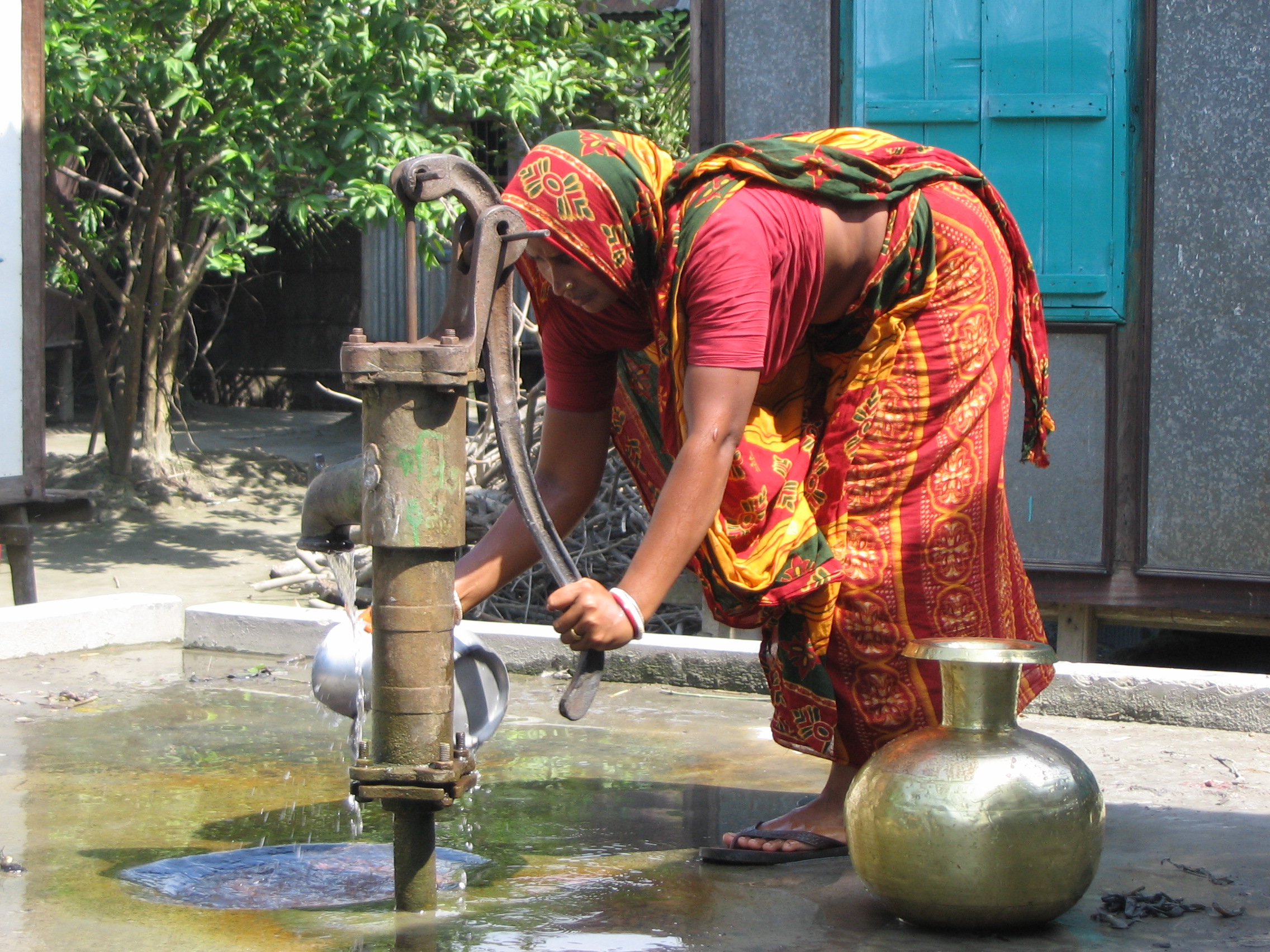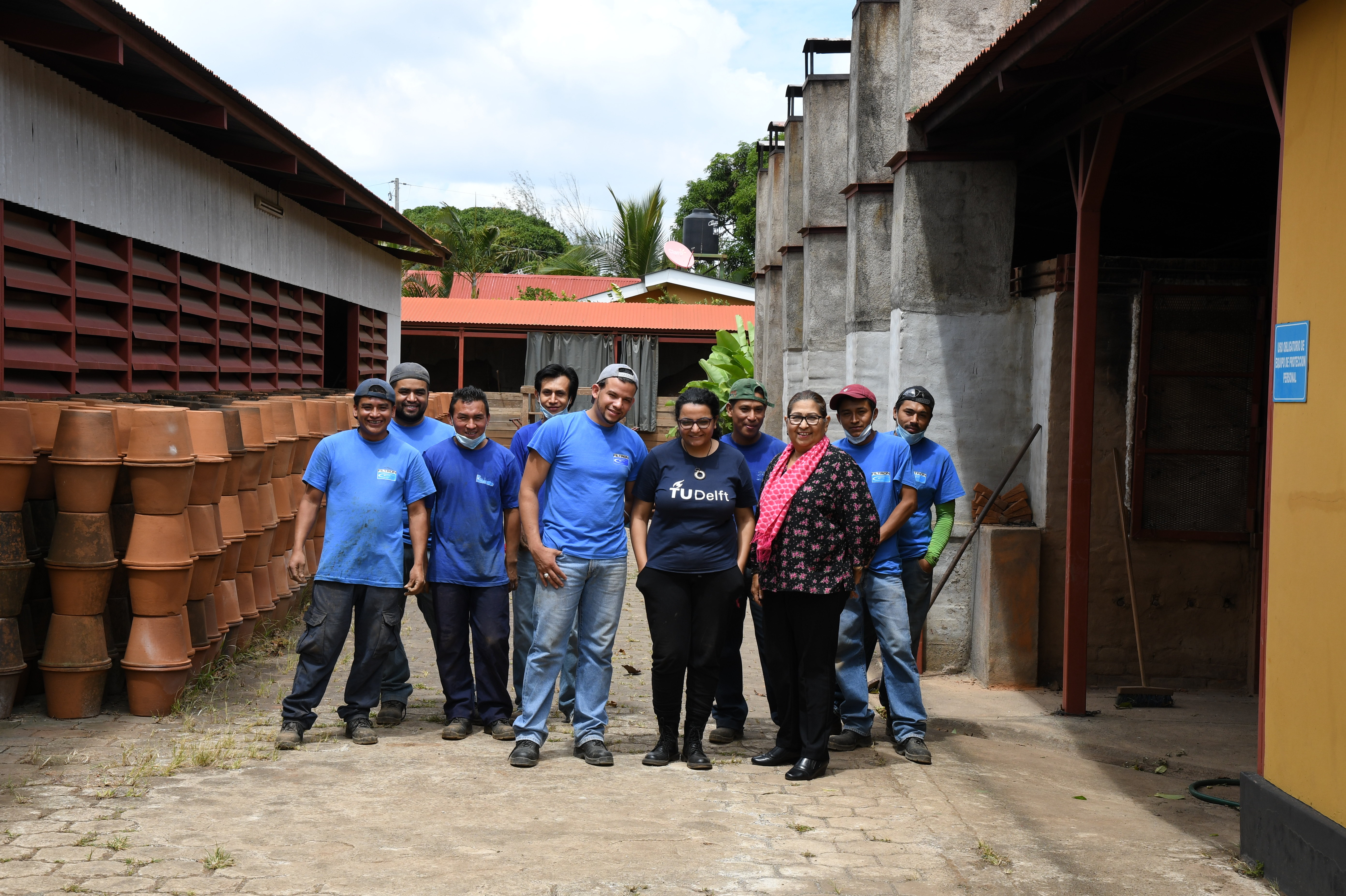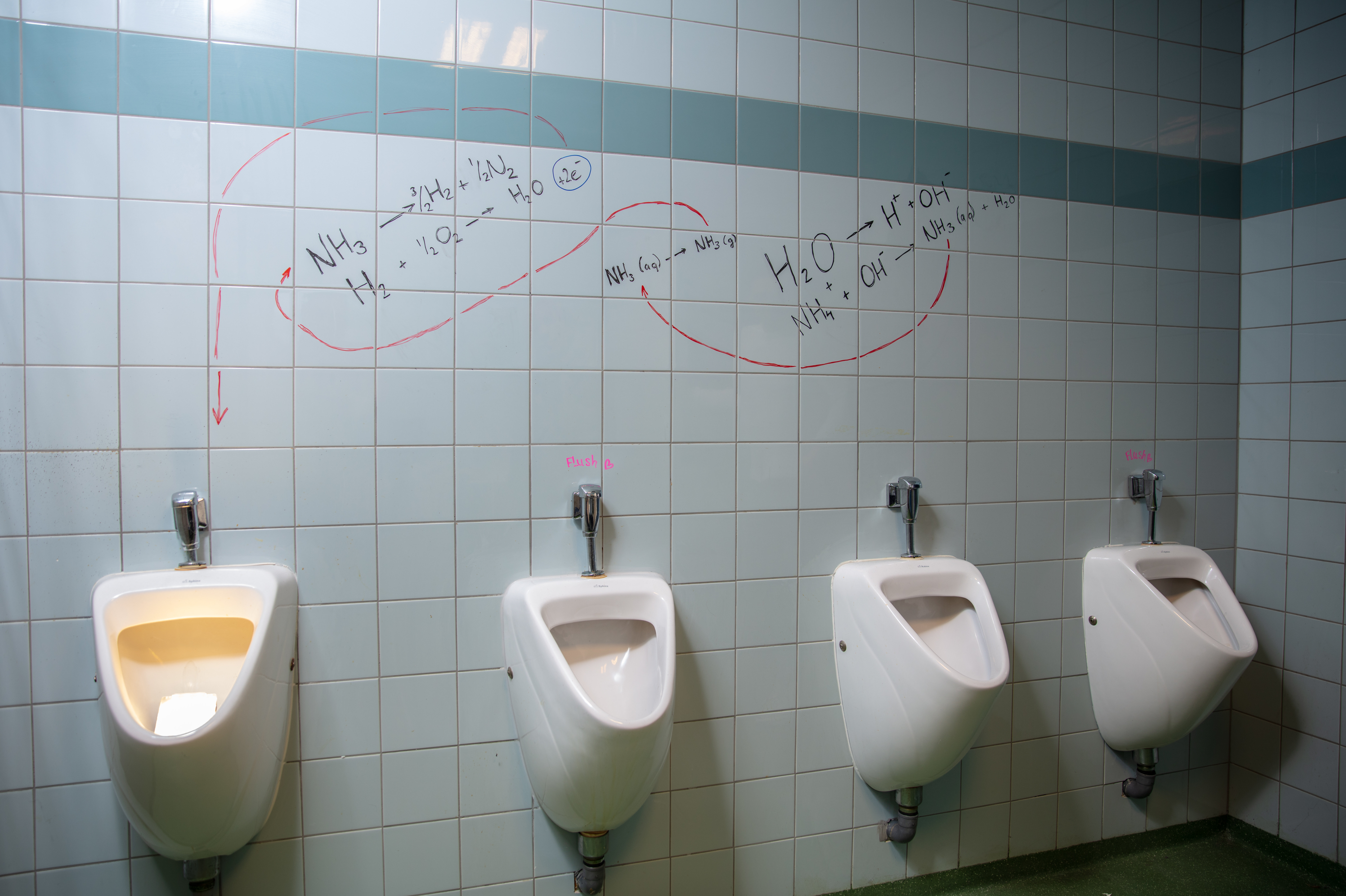Track Water Resources Engineering
Water is life. It is needed for drinking, industry, nature and producing food. Yet water problems are on the rise globally: floods and droughts are increasing in severity and occur often in succession of each other. Groundwater depletion is increasing due to over human consumption, threatening the environment and major cities and towns around the world. Contaminants such as antibiotic residues, PFAS and pharmaceuticals are increasingly emerging in our water systems, straining our water treatment process and posing serious risks to water quality and public health.
Considering the well-being and health of both people and the environment, how we can ensure enough water of good quality at the right place and right time?
- In times of flooding, how do we get rid of the water while we also need to store it to help us be more resilient in times of drought?
- How can we deal with the increasing water demand while safeguarding the current and future environment?
- How can we ensure safe drinking water for all?
Key features
➨ The urban and rural water cycle, including rainfall, evaporation, groundwater, surface water, urban drainage, municipal sewage, drinking and industrial water supply
➨ Develop technologies to study and design water systems, including human influences
➨ Water monitoring and control, water resources management, water infrastructure asset management, water treatment and supply
➨ Circularity assessment, related to water sensitive urban design, water efficiency, water reuse, and resource recovery
➨ Prevention, assessment, and mitigation of possible negative impacts of water engineering interventions on the environment and human wellbeing
➨ Quantification of methods for risk assessment
To tackle these immense challenges, more engineers in the field of Water Resources Engineering are needed. By becoming a water resource engineering, you will know how much water there is, how it behaves, and how its quality changes as it moves through the environment due to natural processes and human activities. You will develop engineered solutions and adaptation strategies to ensure safe water access and proper sanitation. You will create solutions to help prevent or minimize freshwater scarcity, water pollution and flooding.
Are you up for developing the engineering solutions to address these water challenges?:
Urban flood and drought prevention
- design and model of urban drainage (sewer) systems, including how to maintain, operate and control these systems
- assessing the effect of e.g., urban greening, rainwater harvesting systems, sustainable urban drainage systems (SUDS) and other blue-green solutions
Water treatment
- developing new technologies for drinking and waste water treatment and its transport
- recovery of important resources from wastewater, such as energy and nutrients
- circular water use: developing and improving technologies for (decentralised) water reuse (e.g., for irrigation purposes)
Water resources management
- describing and modelling of water systems (river basins, deltas) to assess effects and impacts of natural hazards, land use change, and human activities on the environment and human well-being
- flood and drought management
- water supply and operational control and management of water systems
- design of irrigation, drainage and polder systems
| Highlighted Student Stories
A deep dive into the blue waters of Curaçao
A small red car is driving in reverse, while a TU Delft master student is leaning out of the passenger window. “Left, right, more left. You got this!” As pot-holes and puddles are avoided, trees with giant thorns scrape off the car’s varnish. Water equipment, boots and a giant hedge cutter tumble around on the back seat as the car manoeuvres sharp turns. ‘’I think it’s after the third cactus to the right… I see it, I see the mill! We’re here!’’
Graduation Projects
Students who choose the Track Water Resources Engineering have a multitude of opportunities for their master’s thesis. Prep for the master thesis starts in Q6 after completing the electives and cross-over section of the general programme. Below are just a few highlighted projects of previous students.
\(\Leftarrow\) An imposing, compelling and urgent social problem, that is what Master student Sarah Hanus wanted for her final project. She found it high up in the Austrian Alps where climate change is altering river runoff patterns. Using a model she developed herself, Hanus is able to come up with long-term projections of what these patterns will look like in future. Her work earned her the title of Best Graduate of the Faculty of Civil Engineering & Sciences. Click here to read more!
Research examples
Finding the perfect filter
Doing research on the ground isn’t always easy, Mona Soliman knows all too well. “The expectations are very high and people expect direct benefits from the presence of a research project on clean water.” In Nicaragua she analysed virus removal in ceramic pot filters.
Taking a piss? Or turning it into energy
Pee not only generates uncontrollable laughter in five-year-olds but energy as well. Niels van Linden is currently working on a concept to produce electricity from urban and industrial residual waters, which in turn will power the energy-neutral water treatment system he is hoping to develop.


